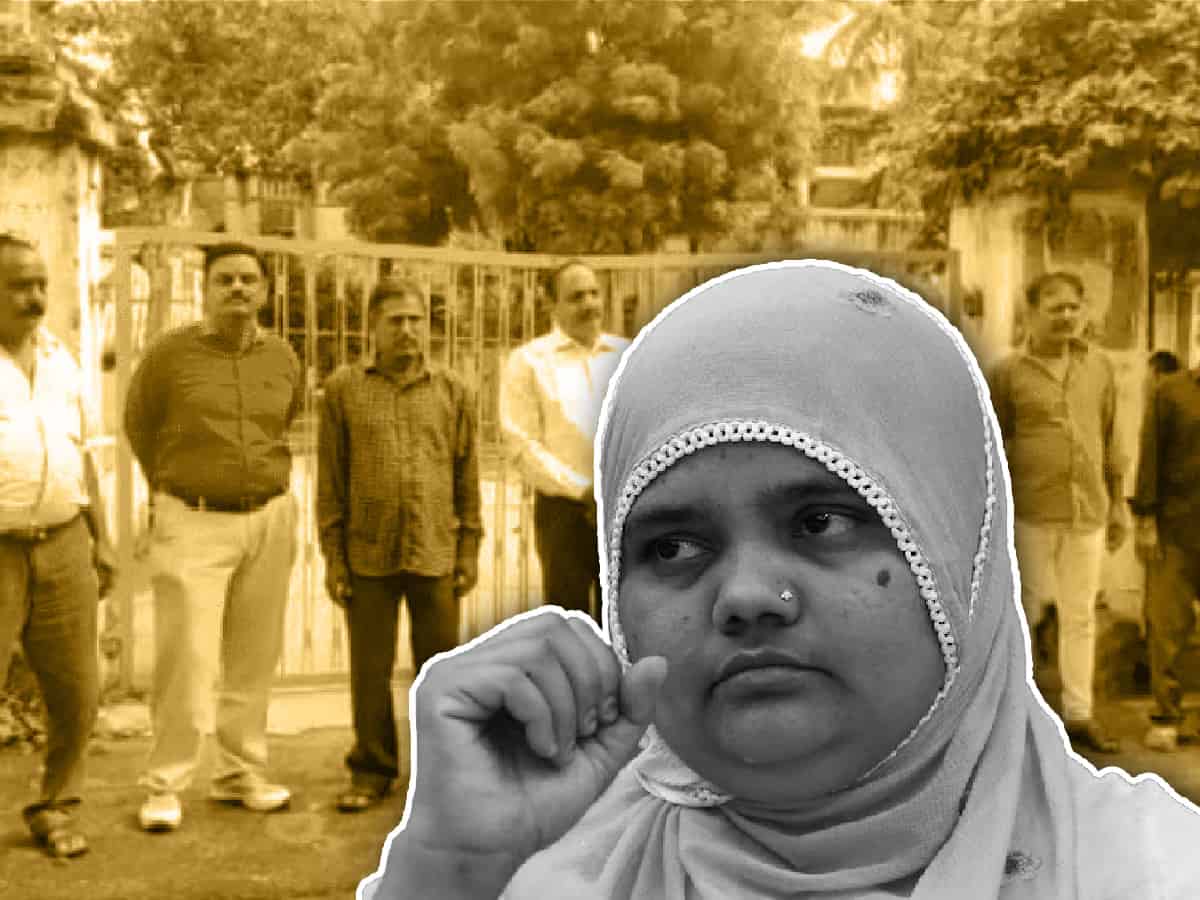Khushi Bhuta, Pune
On Thursday, The Supreme Court bench of Justices B.V. Nagarathna and Ujjal Bhuyan questioned the Gujarat government on its alleged selective application of the remission policy in the early release of 11 men who were sentenced to life imprisonment for gang-raping Bilkis Bano and for the murders of seven people during the Gujarat riots in 2002.
Justice B.V. Nagarathna raised the question at the request of Additional Solicitor-General S.V. Raju, appearing for Gujarat. Justice Nagarathna questioned the decision by saying, “Why is the policy of remission applied selectively? Opportunity to reform and reintegrate must be given to every prisoner, not only to a few prisoners.”
The SC raised the questions while hearing petitions, including one filed by Ms.Bano herself, challenging the remission of the 11 convicts under the State’s Premature Release Policy of 1992 on August 10, 2022.
According to an affidavit by the State of Gujarat, the Home Ministry had recommended releasing the convicts, while the Special Judge of Greater Bombay, the Superintendent of Police, the CBI, and the Special Crime Branch of Mumbai had all condemned it. The affidavit stated that on July 11, 2022, the Government of India sent a letter stating the Central Government’s agreement or consent for the early release of 11 inmates under Section 435 of the Code of Criminal Procedure.
The bench had challenged an earlier ruling by the SC in the Bilkis Bano case during the previous session. The court addressed how the earlier decision was made regarding a PIL (Public Interest Litigation), noting that an appeal should have been filed against the Bombay High Court’s judgment.
After serving 15 years and 4 months in prison, convict Radheysham Shah petitioned the SC for remission. The court asked the state government to investigate the situation and determine whether to award him remission within two months. Eventually, the verdict followed with the release of 11 convicts.
